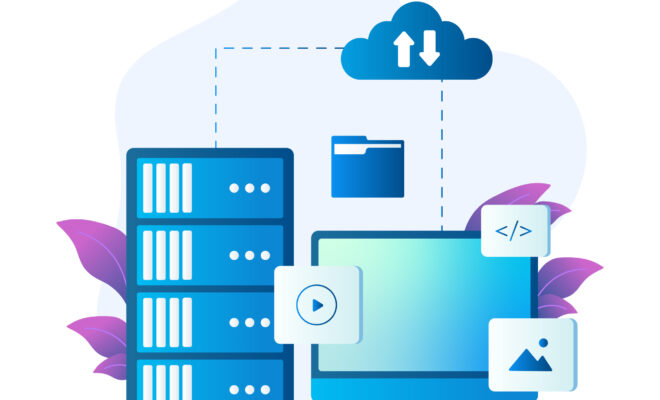What is Business Information Services (BIS) ?And Key Benefits of BIS

Business Information Services (BIS) : In the growing but volatile financial market, the best and most-trusted way to remain on top of your business is to understand and value the importance of information and data. Investment Banking (IB) also depends a lot on how firms collect, store, analyze and learn constantly from market information and its intricacies. The availability of relevant information is the driving factor for investment banks to enhance operational efficiency and time to market.
What is BIS?
Business Information Services (BIS) include services provided to firms to help them monitor, collect, store, timely produce and analyse their data, information, market practices and expert insights. BIS help financial firms, their bankers, analysts and other potential stakeholders to make informed investment decisions.
There are multiple benefits that an organisation can enjoy by implementing BIS. Let us check out a few of them:
Benefits of Business Information Services (BIS)
- Centralised information research services: A dedicated team of Business information services maintaining research and information requests across the investment bank helps it in centralising data and reducing redundancy
- Market Data Source (MDS) optimisation: Instead of the bank subscribing the credentials for all the analysts and associates, the subscriptions can be optimised and operated through the BIS team
- Data source access maintenance: The BIS team also helps in managing the MDS subscription records, negotiations and timely renewals
- Time savings: Bankers spend a lot of time in research and information sourcing; BIS teams can take up such responsibilities and help bankers save time. This will help bankers focus more on their core responsibilities
- Integrated offerings: BIS teams can also provide integrated IB services
Cost allocation: Market data sources cost can be apportioned across sectors/product groups as per usage.










